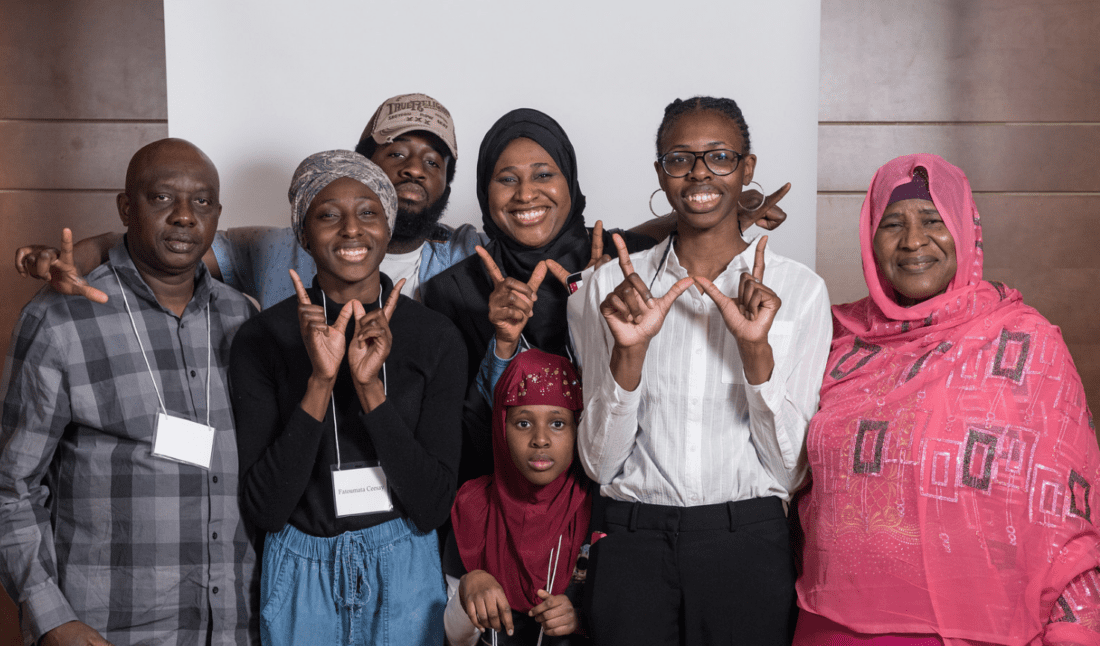
Consider the University of Wisconsin-Madison’s challenges with diversity. Like many universities, it has grappled with the complexities of achieving a diverse student body, faculty, and staff. Like many universities, it has searched for effective strategies to make everyone feel welcome regardless of race, gender, cultural background, social status, etc.
Now consider a celebratory scene on campus last May: a unique ceremony for 30 diverse adults and their families and friends. This was the 2016-17 graduating class of the Odyssey Project, a two-semester humanities course for low-income people—mostly minorities, immigrants, and refugees—seeking a head start on a college education. They receive free tuition, textbooks, and childcare, along with six credits from UW-Madison.
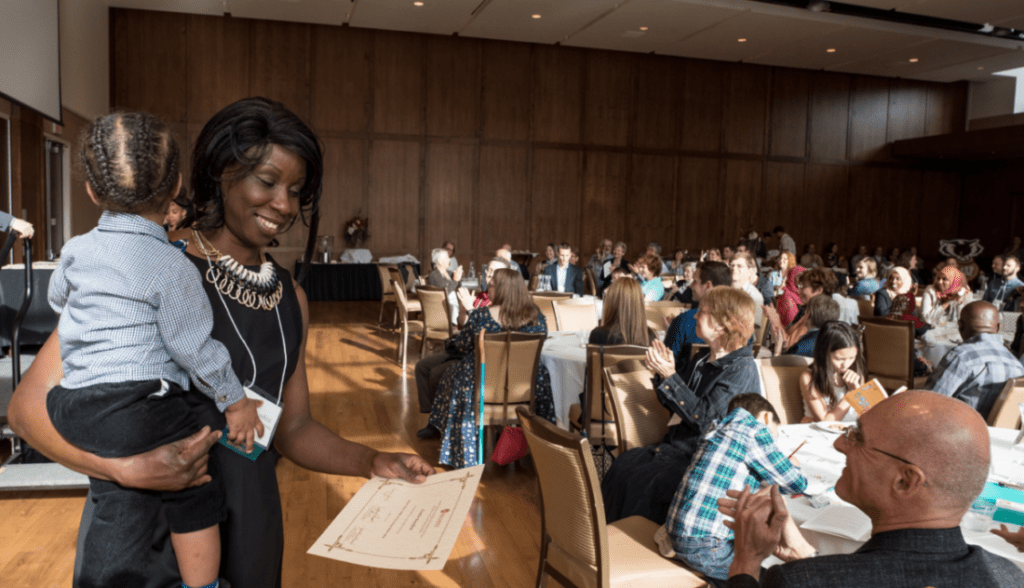
At the ceremony, students from many backgrounds cited Abraham Lincoln, Maya Angelou, and other cultural figures who’d inspired them in class. Student Ngina Ali quoted Nelson Mandela: “Education is the most powerful weapon you can use to change the world.”
Now consider another celebratory scene on campus last spring: a ceremony for 39 returning adult students who’d received scholarships and awards through UW-Madison. This, too, was a diverse group, including people of color, disabled individuals, and those from around Wisconsin and around the world. All were striving to succeed in school while raising kids, holding down full-time jobs, or other such hurdles.
“We thank you for coming to the University of Wisconsin-Madison,” said Judith Strand, director of UW-Madison’s Adult Career and Special Student Services, which administers the awards and scholarships. “You enrich the environment. You bring perspective and wisdom and embolden everyone in the classroom.”
In the midst of higher education’s well-publicized struggles with diversity, how did these celebratory scenes come to be?
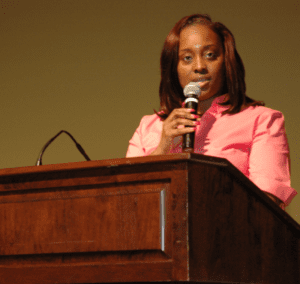
Both the Odyssey Project and Adult Career and Special Student Services are housed in UW-Madison’s Division of Continuing Studies, which devotes itself to community outreach and engagement. These are the cornerstones of the Wisconsin Idea—our public university’s century-old effort to improve people’s lives around the state. In recent years, the division has also played a role in advancing diversity and inclusion. We’re feeling our way forward with the goal of opening UW-Madison’s doors ever wider, and our experiences might be instructive for others with the same passion.
Remarkable achievements
The Odyssey Project (a partnership with the College of Letters and Science) and the returning adult student initiatives are among our most notable successes in reaching out to students with diverse backgrounds.
In its 14 years, Odyssey has graduated more than 400 students. Many of them go on to take more college courses, earn degrees, and find meaningful work in the community. These are remarkable achievements for people coping with homelessness, poverty, and incarceration.
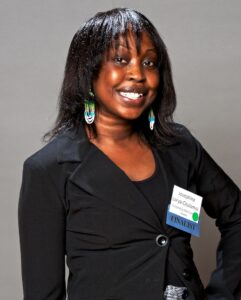
Take Keena Atkinson, who was living out of her car with her 4-year-old son while the child’s father served a prison term. A friend encouraged her to apply to the Odyssey Project, which served as her gateway for entering UW-Madison. With additional help from Odyssey after completing the program, she graduated with a degree in psychology and secured an executive leadership position with a major national company.
“I got out of Odyssey everything I was looking for and then some,” Atkinson says. “I learned new ways of thinking, developed good study skills, and found the support I needed.”
Last year, the National Endowment for the Humanities acknowledged Odyssey’s work with a $100,000 Humanities Access challenge grant, awarded to organizations that provide cultural programming to underserved groups. Though the program had two years to raise $100,000 to receive the matching funds, an outpouring of support helped it reach the goal in just three months.
‘I will never give up’
Donors have also recognized the value of our work with returning adult students, helping to fund the multiple awards and scholarships administered by Adult Career and Special Student Services. This year, 28 students received $100,000 in scholarships, and 11 others received more than $3,000 in awards. To single out one of the scholarships, the Osher Reentry Scholarship, 83 percent of its recipients between 2006 and 2016 completed their undergraduate degree or are on track to do so. That’s an extraordinary statistic given the barriers adults face in returning to college.
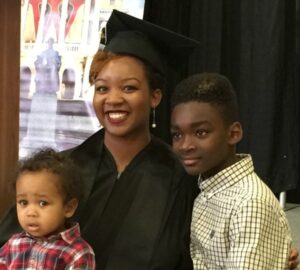
Josephine Lorya-Ozulamoi typifies these determined adult students. Lorya-Ozulamoi is a refugee who came to Madison from war-torn South Sudan. After graduating from the Odyssey Project, she received funding from Adult Career and Special Student Services to complete both her bachelor’s degree and a master’s in social work from UW-Madison. The scholarship helped her continue her education even while pregnant and working full-time to make ends meet.
“My family and I came to this country as refugees, and the main goal my mom had for my siblings and me was to get an education,” Lorya-Ozulamoi says. “My husband and I are similarly reminding our children about the importance of education. I have faced a lot of struggles, but I have never and will never give up.”
Continuing Studies is eager to help students like Lorya-Ozulamoi, and we recognize that they help us as well. As Strand points out, they “enrich the environment” at UW-Madison.
Expanding the pool
We also recognize that a more diverse student population must be matched by a more diverse faculty and staff. At Continuing Studies, that has involved a thorough reconsideration of our recruitment and retention practices.
It all starts with a more effective search and screening process. We’re doing a better job of assembling diverse hiring committees, with members from Continuing Studies and across campus when necessary. At the outset of each search, we encourage committee members to recognize their assumptions and biases to ensure a truly fair assessment of each candidate.
Another change has been crafting the position vacancy listing for maximum inclusion. We’ve begun thinking hard about what kind of educational credential is actually relevant to a staff position, taking care not to load on unnecessary requirements that might limit the pool of applicants. We’re also asking committee members to think about transferrable skills from prior experiences that might be relevant.
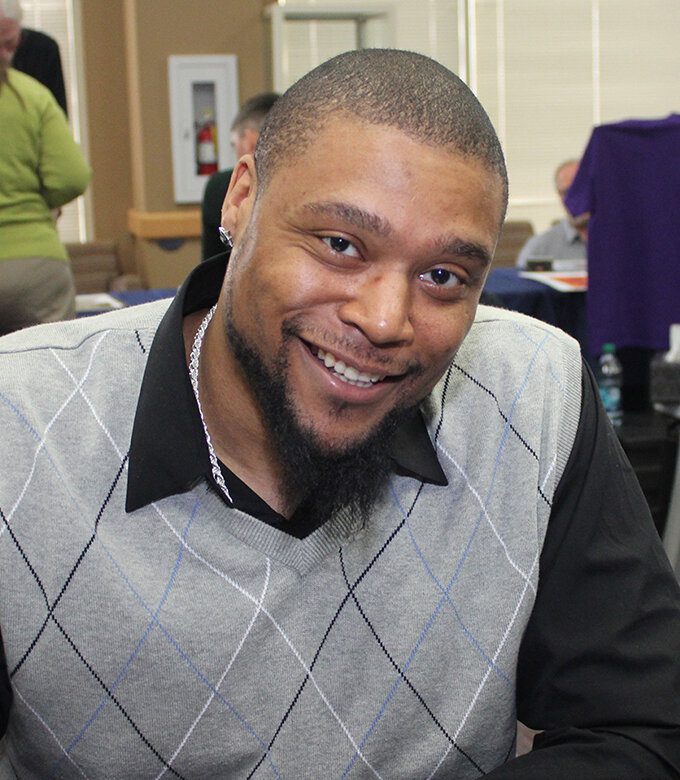
Rather than simply posting a job notice in the usual places, we now advertise in publications that reach diverse audiences. Even more important, we cultivate relationships with a wide range of community-based organizations. With help from our Office of Human Resources, we’re taking steps to find prospective candidates through LinkedIn rather than trusting that they’ll find us on their own. And we encourage our diverse committee members to leverage their own personal and professional networks to promote interest in the position.
A particularly effective strategy has been creating limited-term projects that can benefit Continuing Studies while providing opportunities for underrepresented populations. This allows candidates to get a foot in the door and gain experience, then parlay it into a permanent position on or off campus.
Our history with the talented graphic designer Stanley Sallay shows this process at its best. Sallay came to our attention as an ambitious Odyssey Project student. He lacked a bachelor’s degree, but we saw an opportunity to use his design skills in a part-time, temporary project appointment. He excelled in his work, which led to a full-time project appointment. When a permanent full-time position opened at Continuing Studies, he was in good spot to compete for it, given what he’d learned in his temporary roles.
Sallay got the job, and we were lucky to have him. He has since moved on to full-time work with a prominent Madison company.
Multiple fronts
Along with recruiting a diverse workforce, we put considerable effort into retaining one. It’s fruitless to hire a broad range of people if they don’t feel comfortable once they’re on board.
Continuing Studies has an Inclusive Learning Committee that works to establish a welcoming workplace through casual get-togethers, formal training sessions, and other initiatives that create touchpoints among staffers. We also have a Climate Committee that evaluates our biannual climate survey and offers suggestions for addressing employees’ concerns. To complement these efforts, supervisors receive training in best practices for diversity and inclusion.
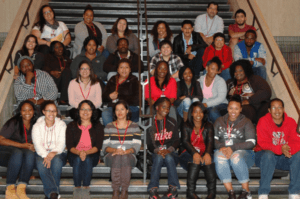
We still have a long way to go, and we owe a big debt to consultants and other organizations for the progress we’ve made. We’ve received invaluable counsel from the Office of Human Resources, the Women in Science & Engineering Leadership Institute, and other UW-Madison partners devoted to improving our campus climate and work environments.
As we move forward, we’re mindful of new conceptions of intersectionality: each person’s multiple social identities and how they relate to systemic injustice. Increased sensitivity to intersectionality will help us expand our definition of diversity, making connections among gender, race, sexual orientation, religion, age, social class, ethnicity, and disability.
We realize that we can’t just tell diverse populations to “come work here” or “come study here.” Instead, we have to prove why they should come here, offering evidence of successful outcomes. So we will continue our efforts to create an inclusive environment—one in which students, faculty, and staff feel respected. We’re hopeful that, with hard work on multiple fronts, word will spread that UW-Madison Continuing Studies is an accessible place for everyone.
This article originally appeared in The EvoLLLution.